
Hypocritical People Share These 4 Traits — Spot Them to Know Who’s Worth Befriending
By observing the four characteristics below, you can fairly accurately judge whether the people around you belong to the group of hypocrites.
One Twin Is Vegetarian, the Other Eats Meat — Who’s Healthier? A Study Reveals a Surprising Result
Following identical workout routines and similar diets, except one follows a vegetarian lifestyle and the other eats meat — which twin ends up healthier?
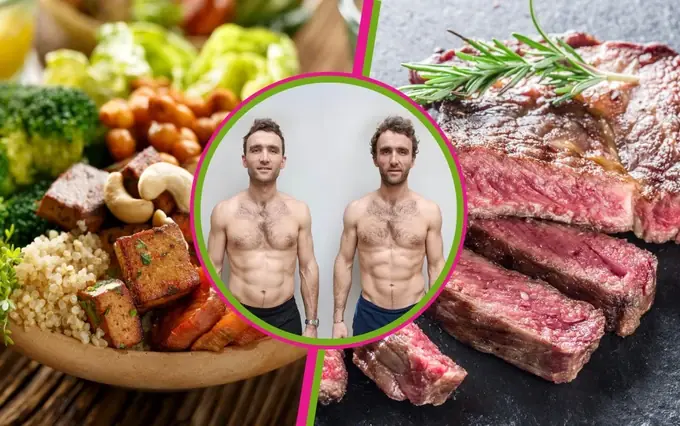
Ross and Hugo Turner, 36, from Christow in Devon, UK, both took daily vitamins and followed the same exercise and diet plan for six months, with just one key difference: Hugo ate a plant-based diet, while Ross consumed animal products.
During the study, Hugo supplemented his nutrition with plant-based liquid vitamins, such as seaweed extracts. He also used vegan omega-3 oil derived from ocean plants instead of fish.
Meanwhile, Ross took an equivalent daily vitamin derived from animal sources.
At the end of the study, blood tests showed that Hugo — the twin who followed a vegan supplementation plan — had significantly higher levels of key nutrients in his bloodstream compared to his brother.
Throughout the experiment, the twins had their blood tested regularly to monitor levels of fatty acids, vitamins, and minerals.
In a social media video sharing their results, Ross stated: “Midway through, our blood test results showed only minor differences. But the final results really highlighted the biggest changes.”
After six months, Hugo’s blood work revealed noticeable benefits from plant-based supplements, particularly a marked improvement in his omega-3 levels and a significant increase in vitamin D3.
Omega-3, found in oily fish and walnuts, is known to benefit brain and heart health, while vitamin D is essential for maintaining strong bones, teeth, and muscles.
Some studies suggest that a vegan diet rich in vegetables, whole grains, and nuts may reduce the risk of heart disease, lower biological age, and even promote weight loss.
However, other research warns that over the long term, a vegan diet could lead to nutrient deficiencies and may not be suitable for all age groups.
Other Interesting Comparisons
In 2023, the twins also experimented to see whether longer workouts provided more benefits than shorter sessions.
Over 12 weeks, Hugo trained for 20 minutes per session while Ross doubled that, training for 40 minutes.
The results showed that their physical strength and fitness levels improved to nearly the same extent.
Earlier this year, Hugo followed a high-fat, low-carb diet, consuming most of his calories from olive oil, butter, nuts, eggs, and avocados.
Meanwhile, Ross switched to a high-carb diet, eating more foods like pasta and rice, while reducing fat intake.
Both continued to eat lean protein sources like chicken and protein shakes.
After 12 weeks, Ross had gained 2.2 pounds of muscle and lost 2 pounds of fat. He also reduced his cholesterol levels and dropped his visceral fat (the most dangerous type linked to chronic diseases) from 11.5% to 11.1%.
Hugo, however, appeared worse off on the high-fat diet. He gained 6.6 pounds, lost only 0.6 pounds of fat, saw no changes in cholesterol, and increased his visceral fat from 11.4% to 12.6%.
Now, the British twins are planning a new 12-week experiment to compare intermittent fasting versus non-fasting diets, aiming to understand how this popular weight loss trend affects the body.

By observing the four characteristics below, you can fairly accurately judge whether the people around you belong to the group of hypocrites.

Sleeping apart may seem harmless—but long-term effects can surprise couples.

Four signs that may indicate a parent is nearing life’s final stage

A 2°C Warmer World: How Earth Could Change Forever

At first glance, crossing one’s legs while sitting seems like a small, almost invisible habit.

Why Should Couples Over 50 Consider Sleeping in Separate Beds? Those Who’ve Experienced It Share 3 Key Benefits

Out at Night and See This Scene? Don’t Get Closer

Ring on the Thumb? Here’s What It Means on the Left and Right Hand


A Japanese business tycoon has identified three habits commonly seen in people who are destined to fail.

Here are eight warning signs that your mind may be running on empty, and why taking them seriously matters.

Popular beliefs link certain body traits to health, youth, and vitality.

When a person keeps coming back to your mind: possible emotional and psychological reasons

Is it true that … women snore less than men?

The hidden reason men’s and women’s shirts button differently

When love fades, it rarely does so with noise.

People who talk behind your back often reveal themselves through the words they use.

Affectionate gestures after closeness often reveal a husband’s true feelings.

Small habits that quietly drain passion and intimacy in relationships.

If You Have These Two Small Dimples on Your Lower Back, They May Reveal Something Fascinating

Prostate cancer is one of the most commonly diagnosed cancers among men worldwide, yet one potential risk factor remains largely overlooked—not because it is rare, but because it is ordinary.
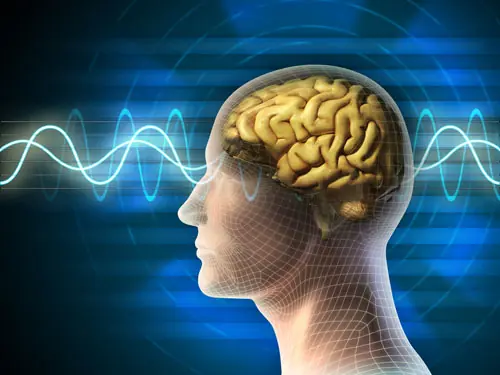
What sleeping on the left side does for our brain, stomach and lymphatic health
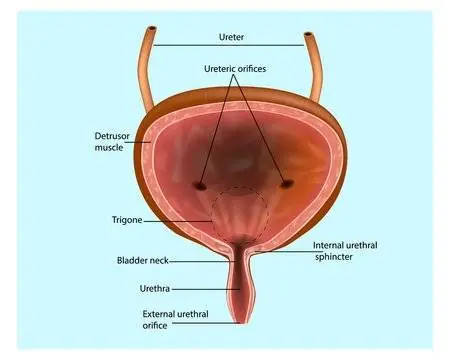
Why the Sound of Running Water Suddenly Makes You Need to Pee
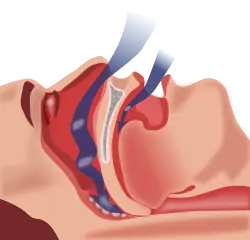
Snoring and 5 Unusual Signs of Obstructive Sleep Apnea

By observing the four characteristics below, you can fairly accurately judge whether the people around you belong to the group of hypocrites.

Sleeping apart may seem harmless—but long-term effects can surprise couples.
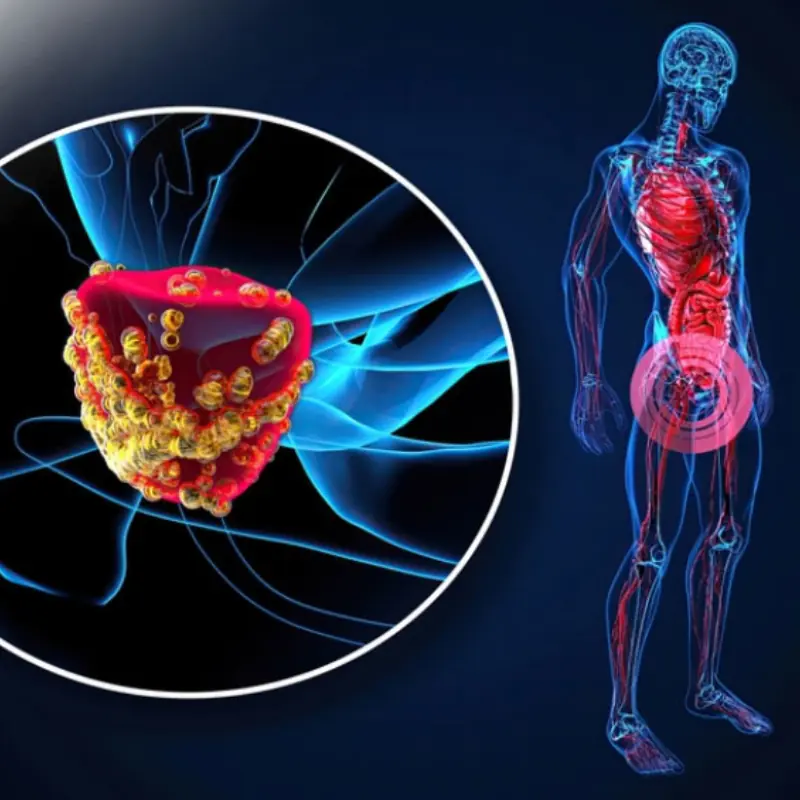
Small warning signs may reveal bladder cancer earlier than you think.

Small changes in your body may quietly signal early thyroid cancer.

Four signs that may indicate a parent is nearing life’s final stage

A 2°C Warmer World: How Earth Could Change Forever
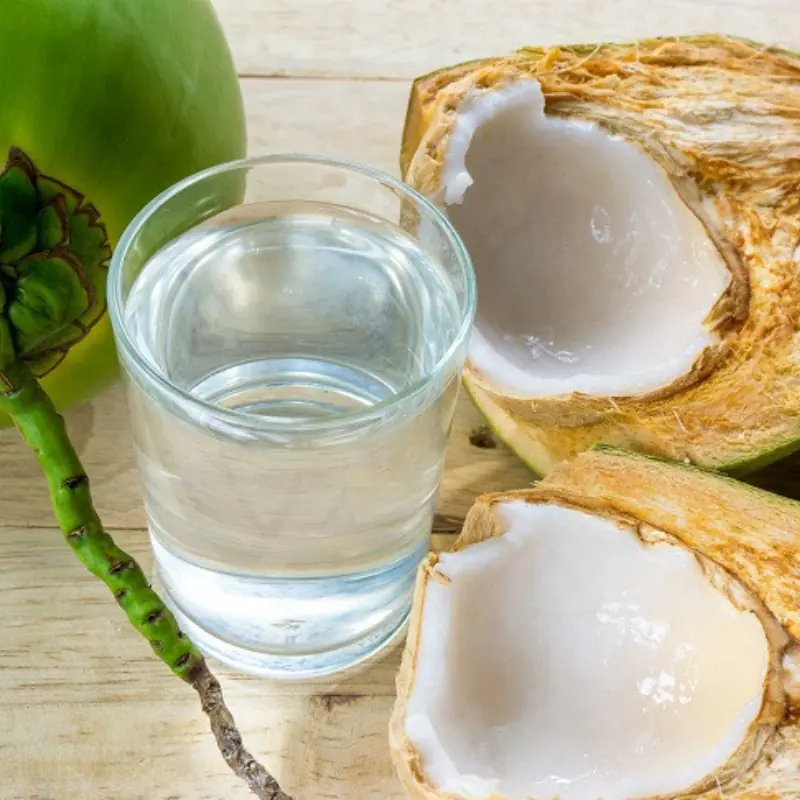
Coconut water is healthy—but not everyone should drink it freely.

At first glance, crossing one’s legs while sitting seems like a small, almost invisible habit.

Why Should Couples Over 50 Consider Sleeping in Separate Beds? Those Who’ve Experienced It Share 3 Key Benefits

Out at Night and See This Scene? Don’t Get Closer

Ring on the Thumb? Here’s What It Means on the Left and Right Hand
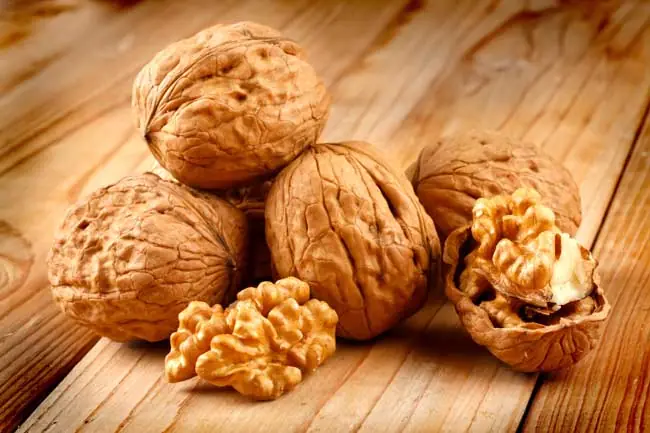
Doctors explain the powerful effects walnuts can have on your body

Why carrying a lemon can be surprisingly useful in everyday situations?

Unexplained Bruises: What Doctors Say They Could Indicate
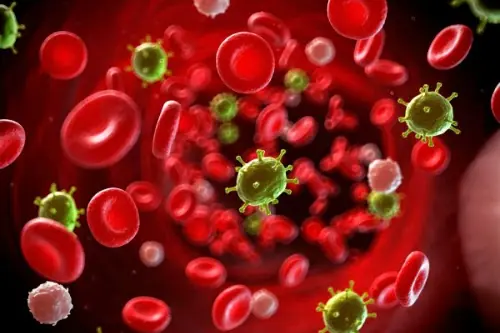
3 early morning symptoms linked to can.cer that often go unnoticed
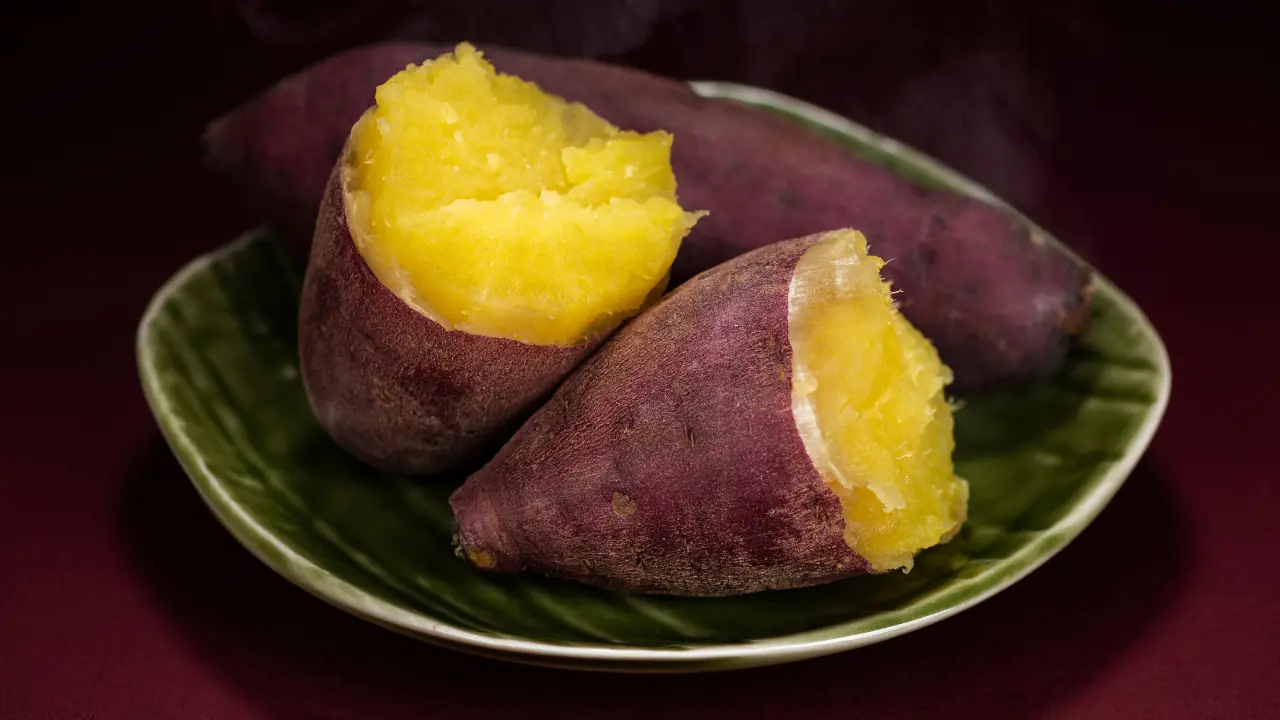
If You Eat Sweet Potatoes, Don’t Ignore This Important Information